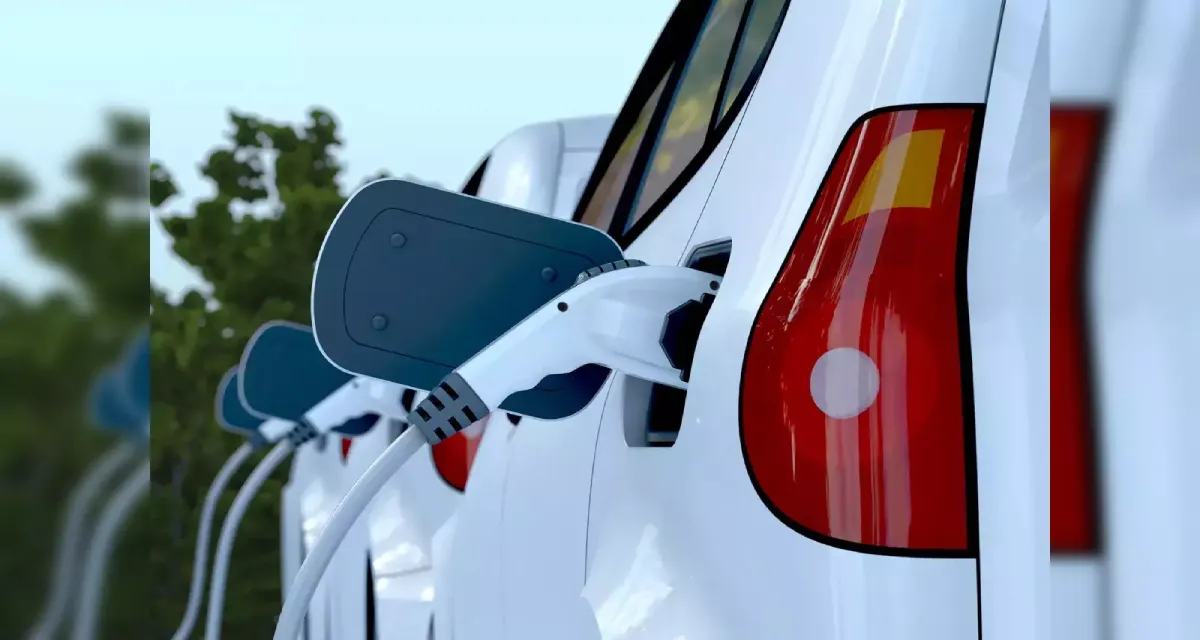

The electric vehicle (EV) market, once heralded as the future of the automotive industry, is showing signs of strain. Recent developments indicate that the enthusiasm for EVs might be waning, as both market dynamics and consumer sentiments shift. In early 2024, major EV companies like Rivian and Lucid experienced drastic declines in their stock prices, dropping by 80-90% in the US market. Even industry leader Tesla has begun offering discounts and more affordable finance options, a stark contrast to its previous market stance.
EV sales are plummeting globally, and India is no exception. A significant survey has revealed that 51% of EV owners in India are considering switching back to internal combustion engine (ICE) vehicles. This statistic is particularly alarming as it represents a substantial portion of early adopters who are now reconsidering their commitment to electric mobility. Reports by Park+ and McKinsey delve into the reasons behind this shift.
While range anxiety has been a historical concern for EV owners, it appears that charging anxiety is now a more significant issue. Despite an increase in charging infrastructure, many EV owners still worry about the availability and functionality of charging stations. The Park+ report indicates that 88% of EV owners cite charging anxiety as their main concern. This anxiety is exacerbated by the uncertainty of whether charging stations will be operational or accessible when needed. Most EV owners rely on home or workplace charging, but the lack of convenient, ubiquitous charging options remains a substantial hurdle.
The Park+ report also highlights that 51% of current EV owners do not plan to buy another electric vehicle. The resale value of EVs is another point of dissatisfaction, with 33% of owners unhappy with the low resale prices due to the nascent secondhand EV market and lack of standardized evaluations. McKinsey's survey supports these findings, showing a growing reluctance to purchase EVs in the US market, with disinterest rising from 41% to 48% year-over-year.
Despite these challenges, Tata Motors remains a dominant player in the Indian EV market. The Park+ report notes that the Tata Nexon EV is the most popular choice, receiving a 61% approval rating from respondents, followed by the Tata Punch EV at 19%. On the other hand, BYD, a leading global EV manufacturer, faces criticism in India for high prices and limited availability of test cars, despite offering high-quality, well-constructed vehicles with state-of-the-art batteries.
The enthusiasm for EVs is tempered by practical concerns, particularly around charging infrastructure and resale value. While the industry continues to evolve, addressing these issues is crucial for sustaining long-term growth and consumer confidence in electric vehicles.
Also Read: